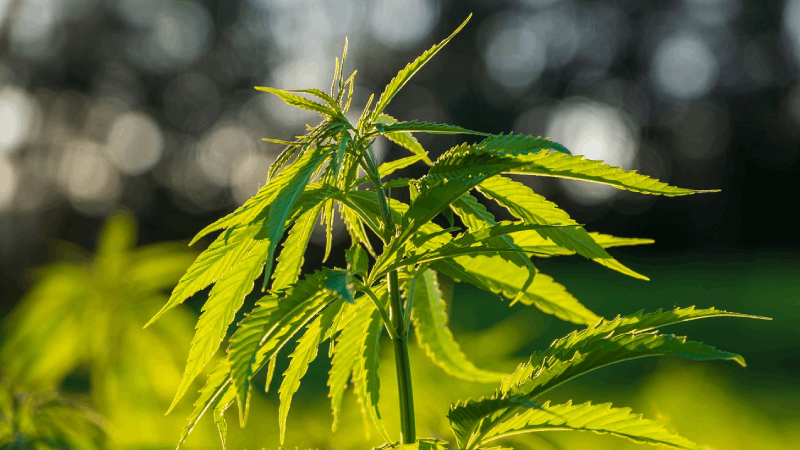The matter of the Minister of Justice and Constitutional Development v Prince (2018) ZACC 30 has gone down in the history books of the country as a turning point for the decriminalization of cannabis for private use by adults. The proceedings questioned whether the criminalization of cannabis for private usage placed a justifiable limitation on one’s constitutional right to privacy. It was confirmed that the ‘State has failed to show that the limitation is reasonable and justifiable in an open and democratic society based on human dignity, equality and freedom.’
The Constitutional Court further allowed Parliament 24 months within which to amend legislation to address the inconsistencies. Subsequently, the Cannabis for Private Purposes Bill (hereinafter referred to as ‘the Cannabis Bill’) was initiated.
Background
As with all pieces of legislation, the purposes and aim of the legislation needs to be clearly stated. The Cannabis Bill was formulated to respect an adult person’s right to possess and consume cannabis while regulating such possession and consumption.
Cannabis is defined as ‘the flowering or fruiting tops and the leaves of a cannabis plant that have been separated from the plant’ or ‘any substance which contains THC’ (tetrahydrocannabinol)
Quantities Proposed
The quantities proposed fall within two categories being personal use at home and personal use in public spaces:
For home use, adult persons would be allowed to be in possession of:
- Four cannabis plants if living alone or up to eight cannabis plants in households with two or more adults;
- 600 grams of dried cannabis if living alone or up to 1.2 kilograms in households with two or more adults;
In public spaces, providing no remunerated exchanges happen, adults will be allowed to be in possession of or exchange:
- One cannabis plant;
- 30 seedlings; or
- 100 grams of dry cannabis.
Offences and Penalties
Various offences are set out in the Cannabis Bill, some of which carry lighter penalties of imprisonment and others carry sentences of up to 15 years and/or a fine. One would be guilty of an offence if one were to be in possession of an amount of cannabis which exceeds the prescribed quantities for personal use and could face imprisonment of up to 4 years and/or a fine. There are also more substantial sentences for amounts considered to be ‘trafficable’ and ‘commercial’ quantities.
Interestingly, additional offences include smoking cannabis in public, smoking cannabis in the presence of a non-consenting adult and smoking cannabis in the presence of a child.
Furthermore, failing to store cannabis in a secure space inaccessible to children would also be a criminal offence as will smoking within a certain proximity from a window, doorway or ventilation system when at home.
Legislative Amendments
The Cannabis Bill has the intention to cast its authority far and wide, including amendments of certain Acts. One such Act would be the National Road Traffic Act (hereinafter referred to as the ‘NRTC’). The NRTC would be amended to reflect that driving or occupying the driver seat while under the influence of THC would be considered reckless or negligent driving in the same way that driving under the influence of alcohol is. Importantly, the Drugs and Drug Trafficking Act would also be amended to remove cannabis from Part III of Schedule 2 (classification as a drug).
Conclusion
Once approved by Parliament, the President would need to assent to the Bill, and it thereafter becomes an Act enforceable from its effective date. Considering the possibilities that decriminalization of cannabis opens up in terms of entrepreneurship, mental and medical treatment along with potential tax benefits for the country, one can only wonder what the road ahead entails for the plant that is formally building its new identity.


Recent Comments